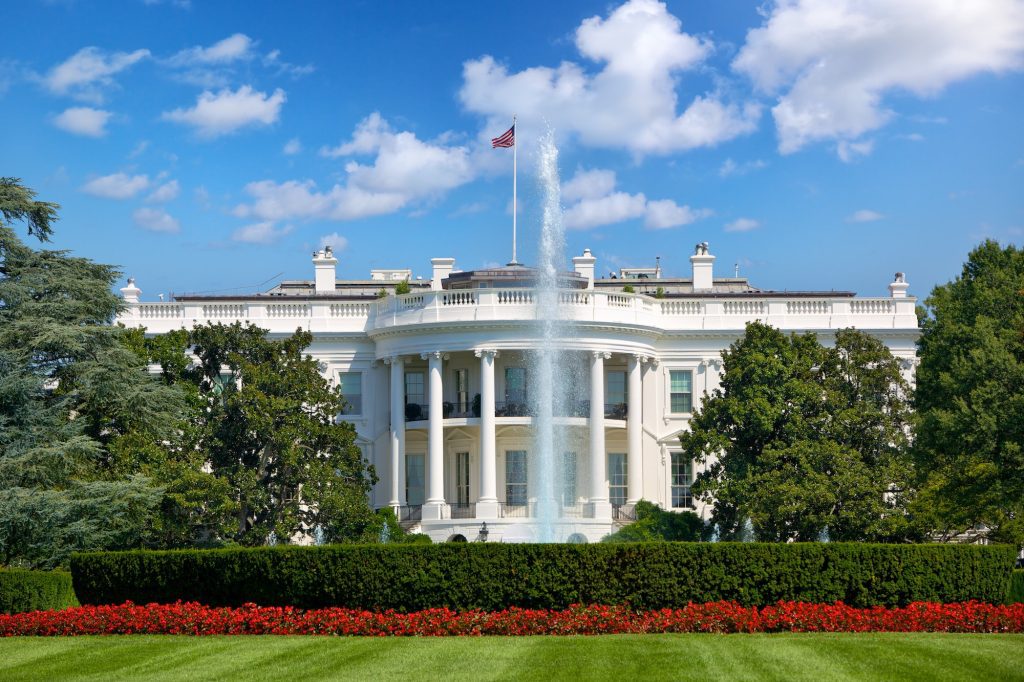
































The US government has announced new actions to promote responsible innovation in AI while safeguarding people's rights and safety.
The National Science Foundation is investing$140 million to launch seven new National AI Research Institutes, bringing the total number of Institutes to 25 across the United States. These Institutes aim to promote responsible AI innovation, develop a diverse AI workforce, and drive breakthroughs in critical areas such as climate, agriculture, energy, public health, education, and cybersecurity.
In addition, the administration announced that leading AI developers would participate in a public evaluation of generative AI systems that aims to help researchers and the public understand the impacts of these models.
Finally, The Office of Management and Budget (OMB) will release draft policy guidance for public comment on the use of AI systems by the US government. This guidance aims to ensure that federal agencies follow specific policies to safeguard the American people's rights and safety while leveraging AI to advance their missions and serve as a model for others in their use of AI.
This action is a part of the broader agenda, as the administration has already taken landmark steps, such as the Blueprint for an AI Bill of Rights, to promote responsible innovation and protect Americans from AI-related harms. The administration also plans to address national security concerns, including cybersecurity, biosecurity, and safety, by enlisting government cybersecurity experts from the national security community to ensure AI companies have access to best practices.
A meeting with CEOs from leading AI companies -Alphabet, Anthropic, Microsoft, and OpenAI- is scheduled for 4 May. The vice president and senior administration officials will emphasise the companies' responsibility to drive responsible and ethical innovation. This meeting is part of a broader effort to engage with researchers, companies, civil rights organisations, and international partners on critical AI issues.
 Etiquetas calientes:
Inteligencia Artificial
ciberseguridad
Seguridad de red
Etiquetas calientes:
Inteligencia Artificial
ciberseguridad
Seguridad de red